“I had my memory travelling” – In conversation with ABADIR
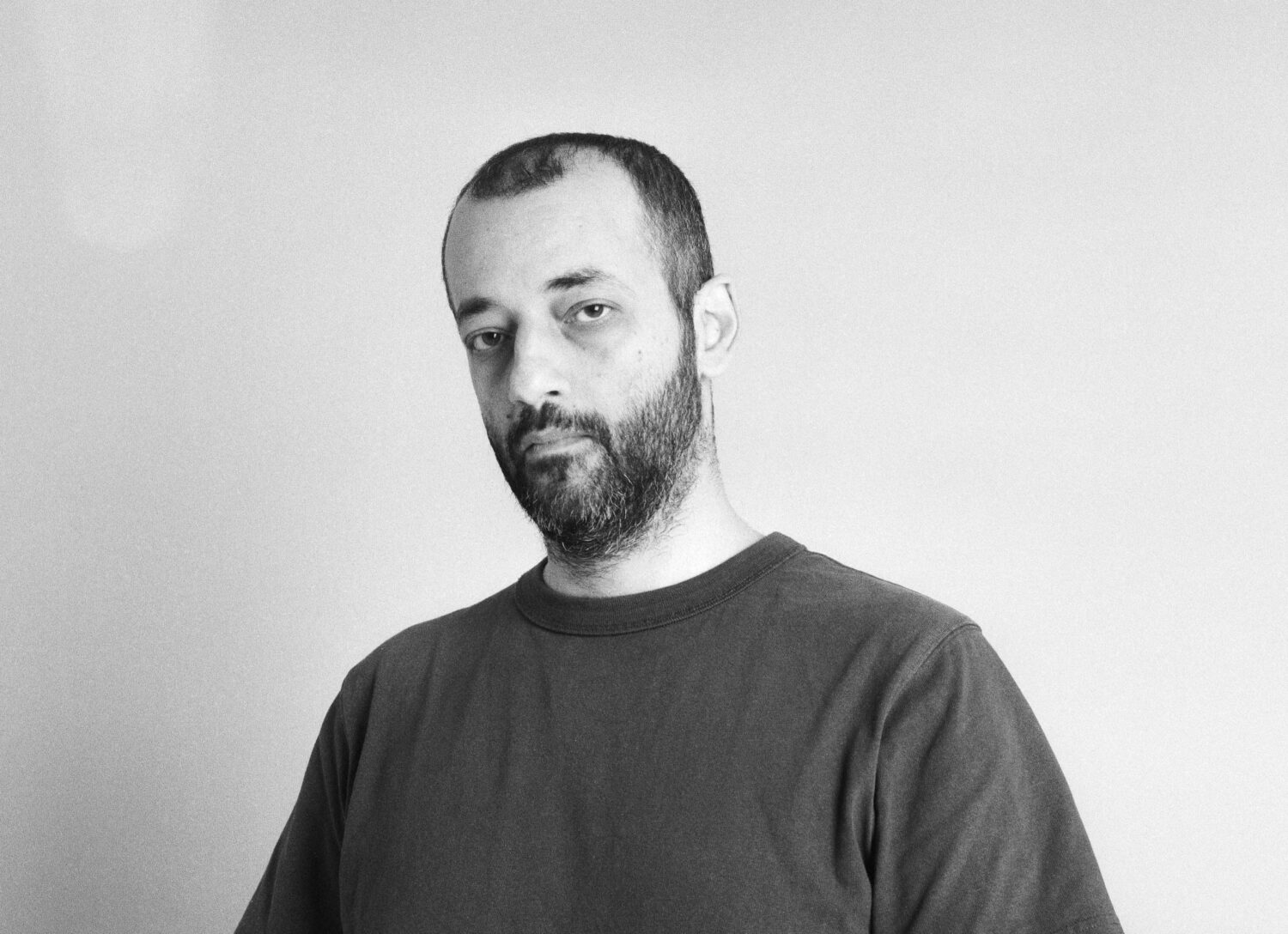
You are a producer and DJ, but you’re a music journalist too. What came first?
Being a producer. I just released some articles here and there, before I became a journalist, working as an electronic music editor for Ma3azef, an online magazine in Arabic.
I can imagine that working in theory alongside practice, it can become harder to create as an artist. How can you trick your critical self?
Yeah, it’s tricky to do both, but you can also benefit from it. I found a technique to know how to move forward. I’m not a perfectionist, for instance. I used to be, but now I really don’t care. It’s not the end of the world. It’s fine. People do make mistakes. It’s fine. And what if it could be better? Okay, then next time I’ll do it better. And that’s it.
So when do you know if a release is ready?
Yeah, that’s a very good question. Because I remember that I came to this phase where I was hating my last album. And then I told Amira, my partner and mentor: “I think this album is going nowhere. It’s missing tons of elements, it’s empty.” Amira always gives me the best advice. So we listened together, and she was asking me for each track: “What is missing?” And then in two months I was done with it.
For club music, it’s easy to tell. There are two secrets here. First: if it makes me want to move my shoulders, then it’s a good track, and second if it makes me smile while listening to it, then it’s done. Because there is always a humorous element in the club music that I’m doing – then it’s a perfect track for me.
For cinematic, epic music like on Ison there is some feeling… It’s like having goosebumps. If it’s emotional and beautiful, if it hits me – and it always hits me –, then I think it’s a perfect thing. And then there is also a very robotic technical point of view, a check with the spectrum analyzer. If I see that some frequencies are missing, I try to add them. So this is how it develops from the structural, arrangement point of view. With this kind of music, I’m also seeing myself more as a composer than a producer. I’m really squeezing my brain when I work in that direction. In club music, it’s more of a formula. But for something like Ison or pause/stutter/uh/repeat there is no formula. It’s also the concept that is driving the music. That’s another thing. And concept means sounds. So it’s more complex, it’s more challenging. I enjoy doing it.
When it comes to Ison and pause/stutter/uh/repeat you’re working a lot with samples and with collage techniques
Exactly, that’s the thing. It’s the main technique, micro-editing collage.
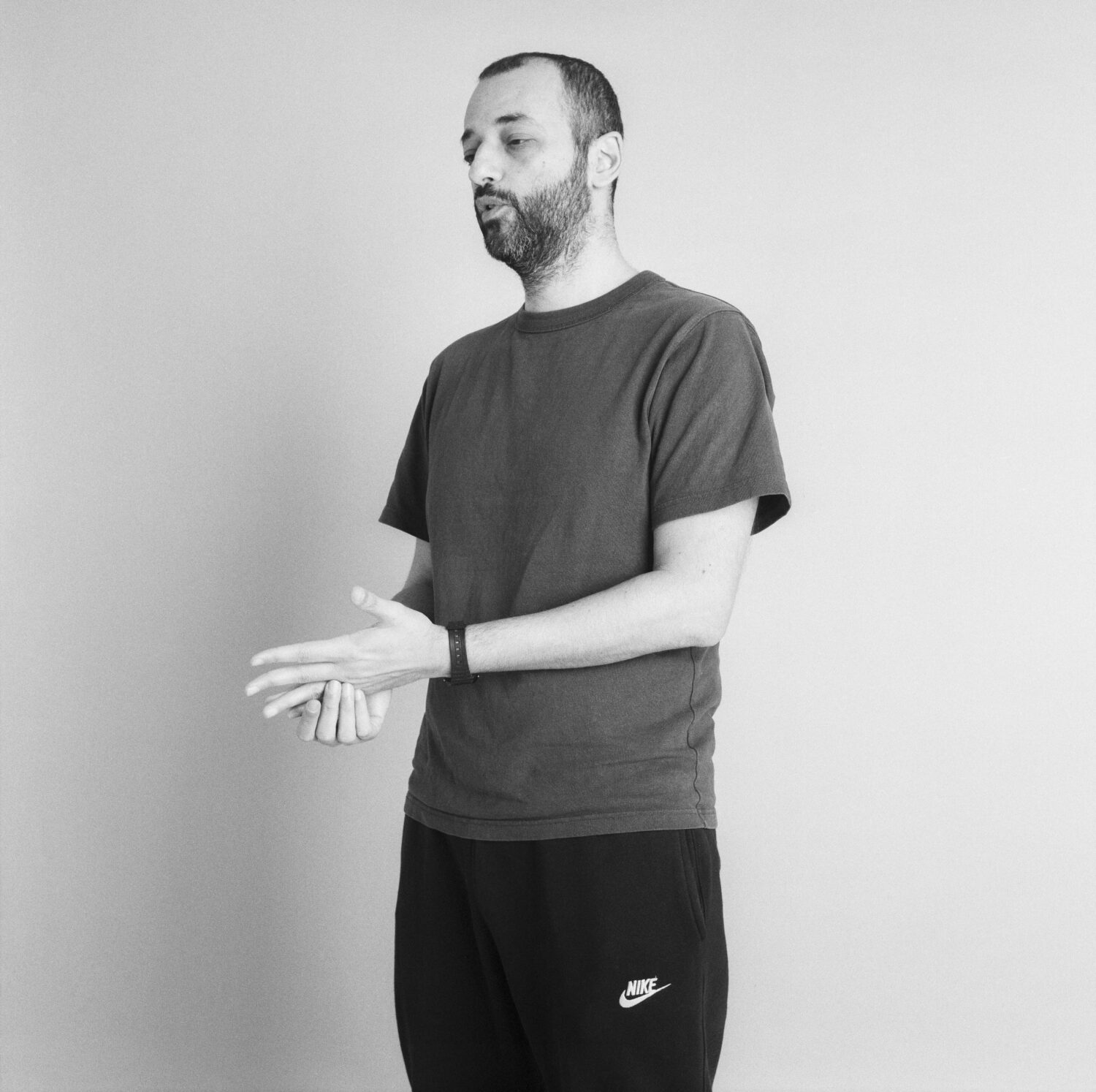
You also have an ambient project – 04NB – together with Onsy. How does this differ from your other work?
With ambient I think there is so much freedom to do whatever. I don’t stick to anything on the grid. There are so many textures, so many field recordings happening. The way that I make ambient is definitely completely another approach than doing a cinematic or a club album. I have more freedom to do whatever because everything is progressing very slowly and with slowness I think there can be more room for creativity. And I don’t stick to any kind of structure, it’s completely free. I just let it go. It’s an active break, I wouldn’t say it’s an inactive break like when you’re sleeping. No, it’s just as if I’m floating.
“Out of respect, I will not mess with it.”
Let’s talk a bit about Mutate. The album was released in 2022 on SVBKVLT, featuring club music, as you noted. It breaks with the dominance of the 4/4 pattern and offers the dancefloor Arabic rhythms instead.
I don’t know how many Arabic rhythm types you can find. It’s very rich, it’s huge. Speaking about Mutate, these Arabic rhythms that I’m using – I think I used like 3 or 4. But the Maqsum was the main drum pattern, which is something that I know, like I grew up with it. It is the main rhythm from the local pop music of the 90s. And then I had my memory traveling. I started to remember all of that, recapped all of that and mainly the Maqsum was at the center. And then this is something I would experiment with.
The idea is very simple. I have four bars of Maqsum and then I’m gonna chop it in a way and make variations out of it. In a way like a UK producer would chop up the Amen Break, I dealt with the same technique chopping the Maqsum.

“It completely discouraged me to use any elements from the culture”
You moved to Germany in 2018. In these past years there appeared more and more diasporic electronic musicians who would deliberately refer back to their culture, as an act of self-empowerment, creating hybrid aesthetics. Did you already work with these elements when still based in Cairo?
No, I couldn’t do it. I didn’t want to. Because I was very afraid of exoticism coming from the West. So I was really self-conscious, and didn’t want to do it. I was stupid. It was a reaction towards the exoticism. For instance in 2012-2013 Mahraganat music, or what they called Electro-Shaabi music, was exploding in Egypt. But the way that I saw it being covered in the media in the West, was really bad. It completely discouraged me to use any elements from the culture. And I was always thinking, if I do it, I’m doing it to appeal to the Western mind because they want to see this. There is this fetishism. There is some colonial mindset, and I would never do it. But then, I got encouraged by other artists doing it, like 3phaz who is using it in a very creative way. Or my friend Pablo aka Bungalovv. We have known each other from the internet for years and I finally met him when I moved to Berlin. He’s doing amazing stuff out of his culture from South America. And then f.ex the Chinese crew affiliated with SVBKVLT, like 33EMYBW. She’s doing amazing stuff coming out of her culture. These are artists not trying to complicate things as I used to do. They are at ease with their culture and can incorporate it in their music. So I thought, I can do that as well. And I was listening to all this amazing stuff, like Deena Abdelwaheed, amazing. Doing good stuff out of her cultural surroundings. That was a trigger for me. Also, if someone studied the culture and the musical heritage of another country, then they can definitely use it in a good way. It was a drive for me that people from my surrounding, from the region, are doing it perfectly. But also some artists who are not from the region are doing it perfectly. So I was thinking, if I do it, then it has to be good. But I need to focus, because I don’t want to make it sound cliché, because it’s very easy to slip on that side.
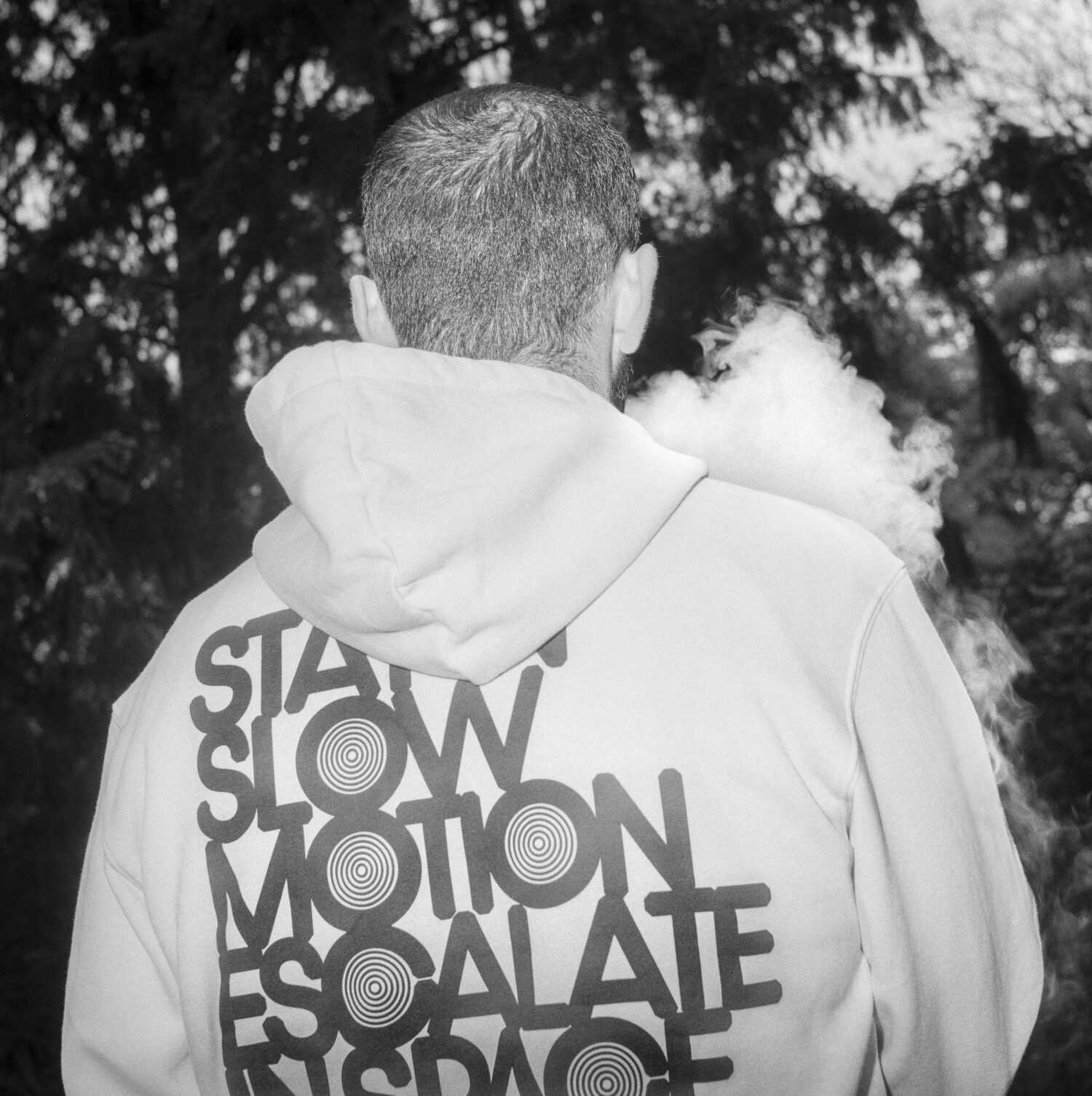
“I cannot capitalize on that all the time.”
Because the Arab region has become cool since 2 or 3 years [ago] – and I’m saying that sarcastically – so all of a sudden you see many people, even from the Arab diaspora, sadly, people that didn’t grow up in these countries – and I don’t want to chase people’s intentions – but all of a sudden I see DJs, putting elements from, like a pop song from the 90s or I don’t know from the 2000’s, and mixing it with some Baile funk or Jersey. But that’s different from the way I’m doing it, or Toumba for instance. Toumba’s approach is totally different because he’s getting a new product out of these cultures, out of bass culture from the UK and traditional music. So he comes up with a completely new product. But with other people, it’s just club edits. It’s cool. It’s nice. It’s fun in the club, I can do it for a couple of minutes in a DJ-set of two hours, but it’s just a DJ tool, those are club edits, nothing more. And I would do a club edit, yeah, why not? But I cannot capitalize on that all the time. I have to incorporate the cultural elements in a more complex way.
But you also need to have the skills to do so…
Yeah, exactly. That’s another thing. But another thing is that coming from the region, many of us producers and DJs can tell the difference between an Arabic club edit that is poorly done and a strong rich track. But unfortunately Western press and media cannot make this differentiation.
When is using traditional elements, like rhythms or tonalities an act of self-empowerment, and when does it become self-exotization?
So f.ex. I could never imagine myself messing with samples from Gamelan music. It’s something that I would listen to, that I respect, but I’m not familiar with. I didn’t grow up with it and I’d need to study it, before I work with it and this is something that would be risky. But I’m not doing the same with many of the music coming from the Arab region. Recently I’ve been interested in wedding music from the Levant, so from the area of Palestine, Jordan, Syria, Lebanon. Here I get it, I get all the patterns. I even get the wedding songs. They’re full of joy. I get it when people play the Mijwiz for instance. I can relate to it because there are some similarities with the way people are playing the same instrument in Egypt. So it’s not a culture that I’m fully part of, but I can relate to it in a very easy way. The same goes for folkloric music from the Balkans. They are using some scales or even some drum patterns that I can relate to. It’s fine. But it’s not my thing to use some source material from any part of East Asia, for instance. It’s not my thing . And out of respect, I will not mess with it.
With your music it grows together very organically. That’s what makes your aesthetics so special. The samples you are using are losing their time kind of signature as well. They’re becoming one with what’s going on around them. You are re-contextualizing them. So I think that you’re messing with a lot of basic categories, not only time, but also space is a very important aspect when it comes to the richness of your music. Especially with Ison, because it has these cineastic qualities and this kind of narrative aspect to it. It’s opening up places that I can walk in. The tracks relate to each other, still they’re in themselves also offering their own spaces. So it’s like a kaleidoscope. You have multiple perspectives. It’s interesting because for Mutate, it was more this physical affection. And for Ison, it’s more being affected by emotional aspects.
Yes. You got it. You’ve sum it up . The difference between both.
“I’m obsessed with memory”

When talking about Ison, a record that was released last year, again on SVBKVLT, you’re working with samples of diverse religious choirs. What was your approach to that?
My family is Christian and I was going with them to church. That was basically the very simple idea of it. I haven’t been going to churches since I was 16 or something, but I was always appreciating the choir as such. Every choir. So the question is how I would work with something that I’m familiar with, that I grew up with. I’m obsessed with memory and I think this has driven me to go conceptual in my works. Going conceptual, it’s always somehow memory related. That’s the case for Ison and for Mutate.
But why this obsession with memory? Why are you so interested in this virtual sphere?
I cannot describe. It’s in me.
When I was a child I liked to sit down with my father, or my grandmother and ask questions about the past. She died in 2012 when she was 99 years old. She was born in 1913. And I was bothering her to sit down with me, even when I was older, and asking her about people in her family, like her grandmother, who was from the 19th century or something. So I always had this curiosity about the past. It’s something that’s in me, already when I was a child.
And another reason for my obsession with memory is because I’m always afraid of losing it. I think the worst torture for me is, if I lose my memory, if I forget, I’m always afraid. This is an obsession for me. I’m always afraid to forget stuff. For me it’s like a beast. It’s like what I fear the most. Losing memory. I don’t know why. So I’m very accurate with the dates. Because it’s a memory thing, it’s a memory exercise to remember when exactly something has happened. I’m not obsessed with the past but more with memory. I then started to use it in my music – sometimes the aesthetic moves into the personal. And I had to make it very clear in the liner notes to state that this is not a representation. This work is not representational of anything. It’s purely personal. My own experience.
“All of that is coming from a Western mind”
I’ve read in an interview that you can’t relate to futurism. Could you elaborate on that?
Yeah, I’m against any sort of futurism. But I used to be obsessed with this word. I called it the F-word. Futurism, futuristic. In the 2010’s I was into Accelerationism as a movement. Of course not the right wing side, but the left wing. There are good aspects in leftist accelerationism, and its subversive element. It’s about how to infiltrate capitalism and make the best use of it – putting it in a nutshell. I was obsessed with anything that is futuristic, anything calling for the next step. But I think there were two turning points for me. First is, of course, it’s about a question of privilege. Who is talking about futurism and theorizing it? It’s mostly privileged people, compared to people from the global South, for instance. I remember in one of the talks, Nick Srnicek was talking about his model of “ fully-automated luxury communism”. But then one of the people in the audience asked him if this model could be applied in Africa or some countries in the global South and he said that he hasn’t studied the case yet and maybe it would be the next step to think about it. Even capitalism in Europe or in the States or in the UK is different from the form of capitalism that we have in Egypt or what they have in Nigeria for instance. So the theorization is coming from a Western mind. That was one of the turning points for me. I realized that this model is only valid and applicable if you’re privileged enough. If you reach some quality of life, maybe we can think seriously about luxury communism, accelerationism, and futurism. I find many of the thinkers affiliated with left-leaning accelerationism thinking from a narrow point of view, from a eurocentric point of view. Mark Fisher, for instance, a great thinker, I find his theory of the slow cancellation of the future coming from a local context, from the UK, only from the UK, speaking in an echo chamber.
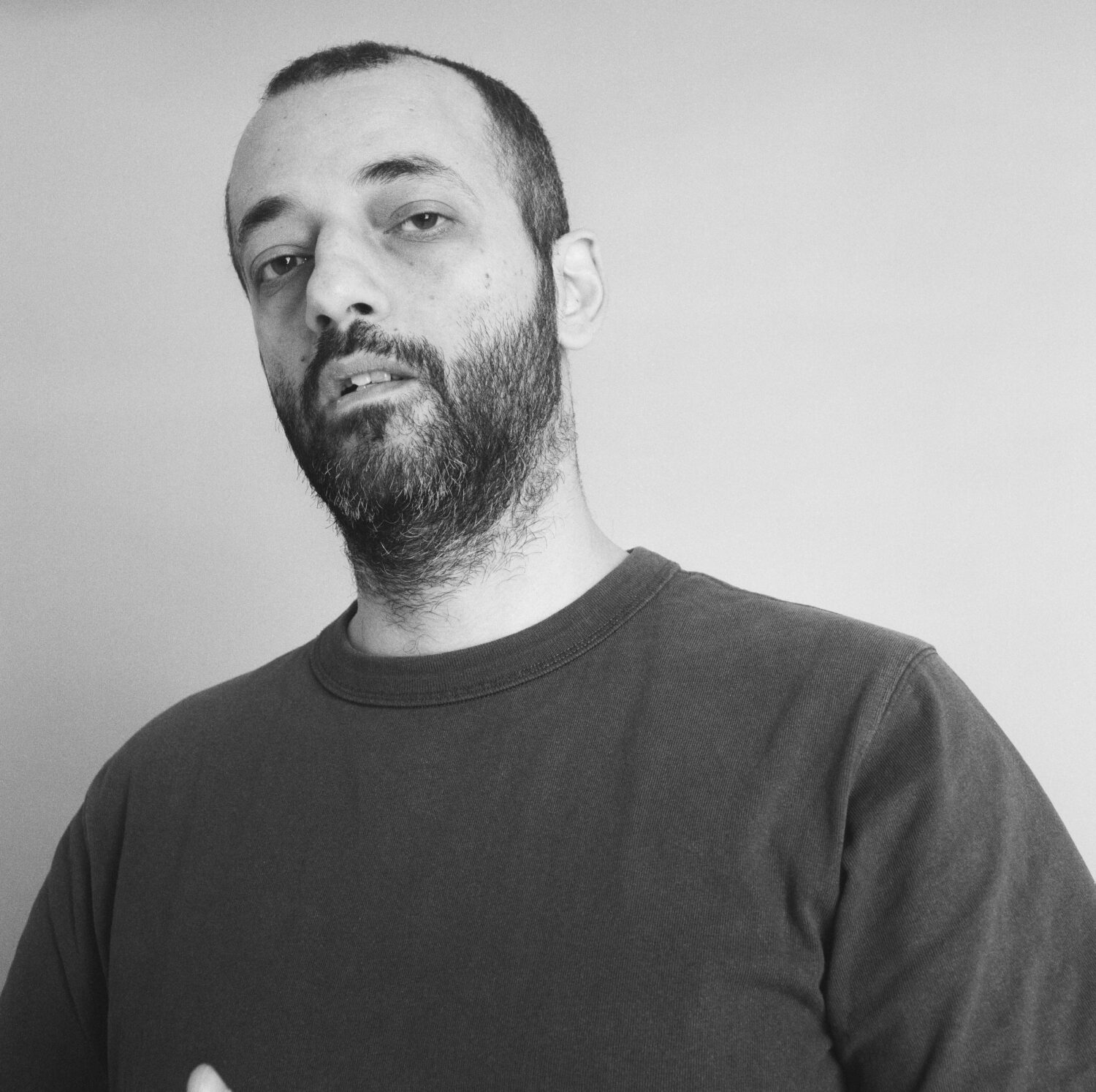
So we have to ask what future are we speaking about? To think about the future you have to be really privileged. You have to be completely covered financially, emotionally, politically and then we can say yeah okay now we are going to move to the future. All of this futurism, speculative philosophy and anything that has to do with the suffix “cyber” I realized that it’s really irritating, because it’s coming out of privilege. All of that was like an awakening for me.
I find it lazy when anything that people are unfamiliar with, label it as “futuristic”, although it existed in the culture ages ago. F.ex the press keeps calling a Singeli album from East Africa futuristic. But Singeli has its roots in very old Tarab music among others. There was a pre-Singeli genre that led to Singeli. That’s just one example, and I doubt that a Singeli artist would call their own music futuristic or would speak about cyborgs and cyberpunk aesthetics. People label some music “futuristic” just because it’s something that the Western ear hasn’t listened to. So who decides what is futuristic? Mutate, f.ex. I don’t consider it futuristic by any means. It’s music for the present. It’s in the present.
So speculative philosophy or futurism and all of that. I see it only possible when you reach a certain quality of life, then we can speak about the future, luxury communism, AI, cyborgs, debate if an object has agency or not. But the world is still full of shit. So come to the present, live with us, I don’t like to think about any future. We have a lot of issues happening right now. Let’s sit down, think together, solve it first, let’s work collectively to solve it. Because the thing is, when someone is obsessed with the future, it’s another sort of escapism, like escaping to the past, okay?
Another irritating thing is when linking futurism to some kind of a dystopia and cyberpunk aesthetics. This really pisses me off. There is an obsession with dystopia and post-apocalyptic narrative in the electronic club scene or electronic experimental scene. A lot of liner notes and album’s concepts are obsessed with dystopia. But you have to be privileged enough to fetishize it, especially when you’ve not witnessed it in real life, and I mean true dystopia like colonialism, destruction, prisons…etc. It’s disappointing to fantasize it as Hollywood does. You must be privileged enough to fetishize and aestheticize dystopia. But come on, come live with us on the ground.
“Come live with us on the ground”
So do your sounds also have political aspects to them?
I don’t have this political element intentionally in my music, but at the end of the day everything is political, whether I like it or not. Everything is political. Music could remain not political if you make it and it ends up in your room. But once it’s getting out to the club or any space, it starts to get political because the whole dynamics in a club or any space is political. Culture is related to politics. Whether the artist likes it or not, it could end up to be political. Like Mahraganat music, for instance, Shaabi music in Egypt. The lyrics are not political at all. But the fact that these people are playing this music in street weddings where they are surrounded with so much bureaucracy and police, this act is political. So yeah, I think regardless of the artist’s intention, their music is somehow going to move into politics because we are surrounded by politics. Every day in our life is governed by so many politics.
Can music help in reordering established systems and enable transformative processes in our society?
Yeah definitely, I think so. The way that I listen to music is like that. If it’s music coming from a culture that I’m not familiar with and if it sounds interesting to me, I go Google and check some background, and some background opens up more information about its origin, about these people. And then I learn. And then maybe I had a very limited perspective about these people, for instance, so I learn more about them, this is like a transformative thing, and I find it good, very healthy, I think. This is the way I’m listening to music. Yeah.
Thanks very much!
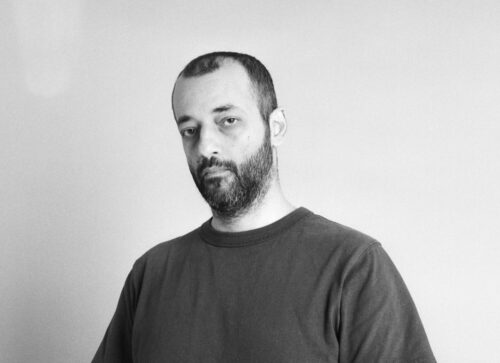
Abadir
